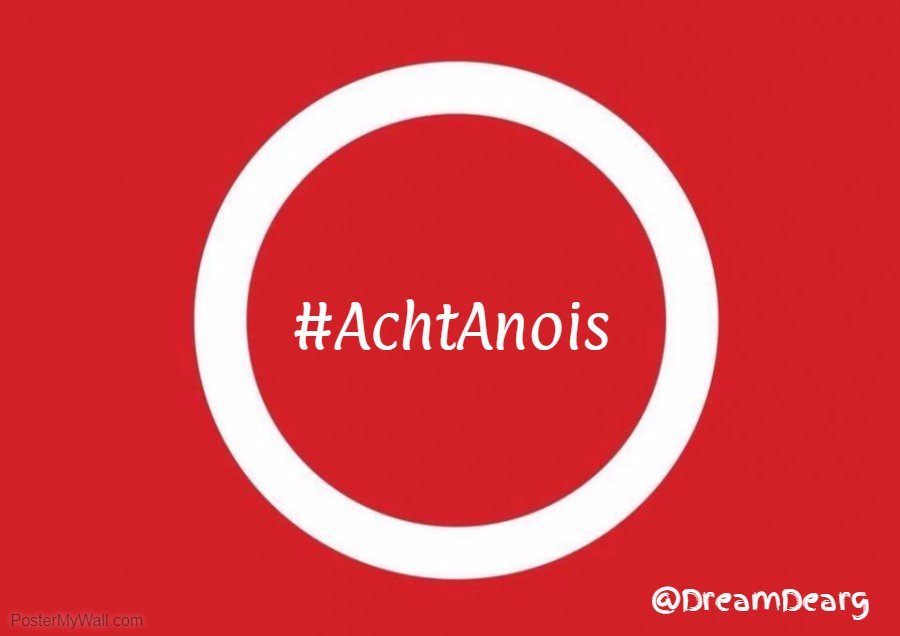
National Broadband Plan launched in 2012 is still failing.
Students in rural Ireland are at a disadvantage, due to slow broadband speeds. There is only one spot in my house where we can pick up some type of signal.
Even at that, the signal is terrible, and only works on off-peak hours. It causes so much added stress to my usual college week.
After a day of college, I am sick of sitting in one spot. It stops me from attending Zoom calls and getting involved in clubs and societies. I feel left behind, and I feel like rural Ireland has been badly let down.
With the whole country in lockdown, more students have not moved away from rural Ireland to attend college. Many students are sharing this same experience. Here are some of the views from students of DCU.
“My internet is shocking. I was in a lab last week and I cut out of it because of the internet. The same thing happened when I was in an exam,” said Sally Owens.
Jordan Finney says: “My WiFi went down multiple times during my exams which put me at a disadvantage.”
Customer service for broadband networks does not help the situation. For me, I was without broadband for two months, whilst still being charged, spending full eight-hour days on the phone to Eir. I was left on hold for hours on end.
In November, Carolan Lennon, CEO of Eir, spoke on behalf of her company’s customer service network on RTÉ’s Prime Time. She firstly denied the enormous wait time. The CEO then told the programme that “it’s very difficult to be at home in a bedroom listening to angry customers all day”.
Living in rural Ireland involves paying large sums of money for broadband that doesn’t work most of the time.
“I’m with ‘Imagine’ and although it’s the best we can get, it still runs slow when there are too many people on it at once. It makes me question whether we really have unlimited broadband,” said Emma Malone.
Supplying fibre out to little clusters of a few houses here and there is expensive. The 2020-2040 one-off housing plan is making the initial 2016 plan seem not worthwhile. The gradual plan involves moving citizens from the countryside to towns and cities.
This highlights an ugly truth. For two decades now, the government has focused on improving service with large businesses, centring around urban Ireland, completely neglecting smaller businesses and the general public.
In 2019, Leo Varadkar told the Irish Independent that rural Ireland “does not have a future in the 21st century” unless fibre broadband is delivered to every home.
Yet here we are in 2021, no further on. The disadvantages in rural Ireland are not considered enough.
Louise Hickey



